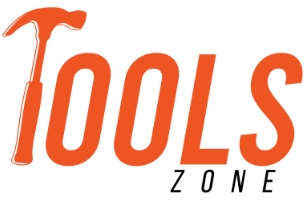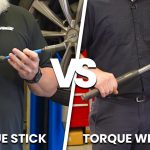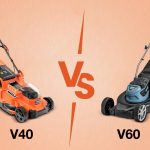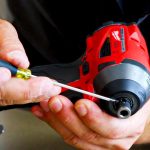It’s a debate that has been going on since cordless power tools first hit the scene. A cordless drill is convenient when there isn’t a power outlet nearby, but it may not hold enough power to sustain the use of a significant bit. New cordless tool innovations are allowing some more extensive tools to become nearly as powerful as corded tools.
Corded Equipment
When you are headed to the store for a new investment, you need to consider two things.
- Reliability
- Efficiency.
Corded instruments can give you both. They have some significant advantages and some minor limitations. If your job requires a constant power supply to keep the working efficiency smooth, then nothing can be better than a corded tool. Using corded tools, the machines can get full power to maximize performance. You will never run out of power in the middle of work time. There might be a problem during a sudden power loss unless you do have a generator. As a professional worker, you sure have one. If not, go for cordless.
The next big thing is strength. Corded machines provide a high amount of speed and energy to finish your job in seconds. Motorized equipment produces great torque speed to get the job done in splashes. These corded tools are more rugged in build quality to absorb the power. The motors and other body parts are durable enough to survive the impact of the harsh and non-friendly environment. As an example, corded drill machines can produce enough push to go through a metal plate.
The best part of using corded tools is, they will not turn off in the middle of production for continuous electricity. The tools are easy to hold because of having no battery attached to the shoulder as their burden. You could suffer the only thing twisting the cable, as most tools do not contain a cable deck.
Even if you become incautious, you can cut off the power cable hidden under a pile of wood or dust. You will need extension cables that could create a spark or short circuits on a large job site. Always be attentive all the time to avoid a high voltage shock or any unwanted scenario.
Cordless Equipment
Cordless tools are typically smaller and lighter than their corded cousins, which is helpful for use on ladders, in tight spaces, or when working overhead. Many brands, including Makita and DeWalt, produce “compact” or “subcompact” editions of some cordless power tools to provide more excellent maneuverability on the job site.
All non-corded tools have detachable power sources, which means no more hassle of cluttering cables, especially if you’re working in a busy area or any remote project site. Using a battery, the tools get more freedom to travel around with the user.
The best part is, most of the products come with lithium-ion batteries. These batteries are less power-hungry, and they do not diminish over time. They can save your electricity bill over months as some of them have an auto-shutoff feature built-in to save some power and increase the runtime. But make sure you keep track of the battery health and charge the batteries in time as some batteries cost similar or way more than a bare tool.
Conclusion
Last but not least, that’s all about the corded and cordless tools. It depends on your application; whether corded or cordless is better. And hopefully, you have understood the differences and uses of the tools.










Leave a Comment